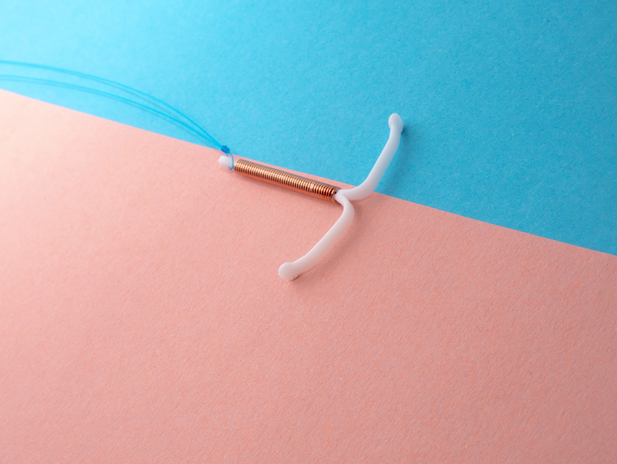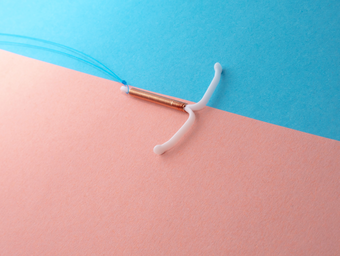Intrauterine Devices (IUDs) have been increasingly used over the past two decades, as their ‘non-hassle’ properties and the instability of reproductive rights and access to contraceptive pills have veered women into choosing LARC (long-acting reversible contraceptive) methods.
A recent study has sparked conversations about the safety of IUDs and birth control in general, following findings of a possible correlation between IUD use and increased breast cancer risk. (https://www.nytimes.com/2024/10/16/well/iud-breast-cancer-mirena-skyla.html). This study was published in the Journal of the American Medical Association (JAMA), a renowned peer-reviewed scientific journal.
Interest in this topic intensified after studies in 2017 and 2018 suggested that birth control pills may increase the risk of breast cancer by anywhere from 0% to 60% over a lifetime, depending on the type of pill used. It was found that not only breast cancer has increased, but also cervical, ovarian, and endometrial cancers have heightened risks. (https://www.cancer.gov/about-cancer/causes-prevention/risk/hormones/oral-contraceptives-fact-sheet). This increase in risk is not entirely known, as many factors influence tumor growth. Still, it can be inferred that the addition of synthetic hormones into a female’s body can induce tumor formation and growth.
Following these findings, it was thought that IUDs would not create the same risks as the levels of hormones released are minimal compared to the contraceptive pill. Thus, researchers needed to determine if this was the case, as the IUD was becoming a more prevalent form of birth control for women between the ages of 20-29 and 30-39. https://www.cdc.gov/nchs/products/databriefs/db388.htm#:~:text=%2C%202017%E2%80%932019.-,Female%20sterilization%2C%20the%20pill%2C%20the%20male%20condom%2C%20and%20LARCs,8.4%25)
The results of the study published in the JAMA show that IUDs were found to increase the risk of breast cancer in individuals aged 14-49 compared to those who did not use an IUD. (https://jamanetwork.com/journals/jama/fullarticle/2825059?guestAccessKey=3a35c89f-2281-49c1-ae17-1885e3cffb8e&utm_source=For_The_Media&utm_medium=referral&utm_campaign=ftm_links&utm_content=tfl&utm_term=101624;). The correlation between women with an IUD and tumor formation was similar to that of birth control pills. In the United States, this would equate to 1.4 in 204 women who are in their 30s developing breast cancer based on their IUD usage.
It is needless to say more information needs to be discovered regarding all forms of hormonal birth control that countless women use. Especially in these times of uncertainty of bodily autonomy, the emphasis on safety for birth control is as crucial as ever. Finding a birth control method best suited for you is vital, but also, being aware of the risks associated with this choice needs to be emphasized more.


